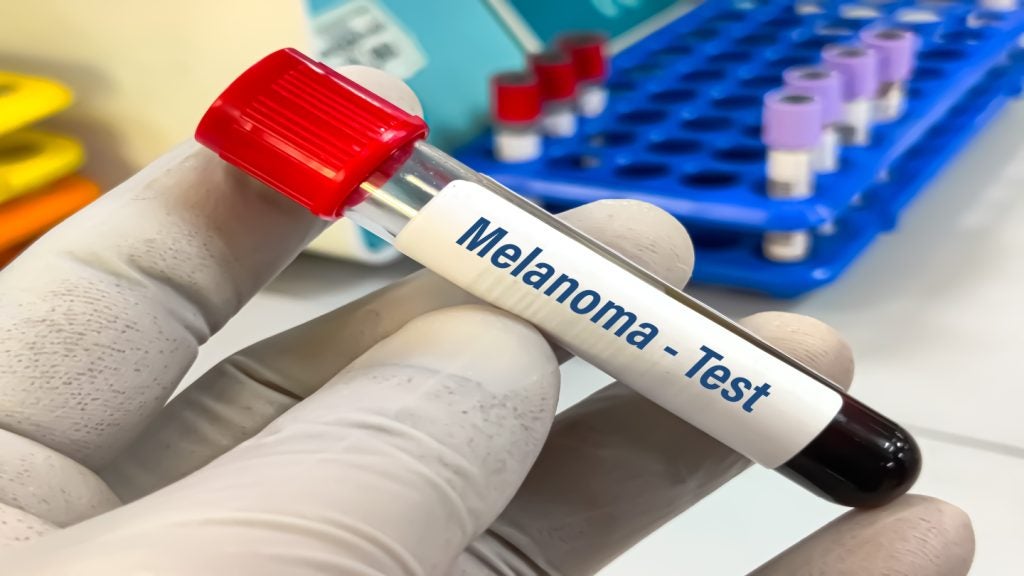SkylineDx, a biotech company, has announced new findings from the MERLIN_001 clinical trial of melanoma genomic assay, Merlin test, in the US.
The trial has validated the Clinical-Pathologic and Gene Expression Profile (CP-GEP) test for the identification of sentinel lymph node biopsy (SLNB) status in high-risk cutaneous melanoma patients.
This non-invasive model combines clinicopathologic variables with gene expression profiling to improve the accuracy of SLNB predictions.
Carried out across nine US academic sites, the trial was led by Dr Vernon Sondak of Moffitt Cancer Centre, Dr T. Hieken from the Mayo Clinic and Dr M. Egger of UofL Health Brown Cancer Centre.
Sondak, one of the three principal investigators of the MERLIN_001 trial said: “This landmark trial will allow us to have more informed conversations with our patients about their surgical treatment options. These results provide critical insights for clinicians, allowing us to move toward more precise and individualised care.”
The Merlin test integrates factors such as age and Breslow thickness with an eight-gene expression profile.
Validated in a population with an SLN positivity rate of more than 17%, the test classified 37% of the 1,686 melanoma patients as low risk, with only 7.1% of these patients having a positive SLN.
This indicates a negative predictive value of 92.9%. Conversely, 23.8% of high-risk patients reported positive SLNs, demonstrating the test's stratification capabilities.
The CP-GEP model, developed by Mayo Clinic and SkylineDx, has undergone clinical validation in multiple studies.
The Merlin test is now available in the US and Europe, with SkylineDx partnering with diagnostic service providers such as Tempus in the US for the Tempus Merlin test.














